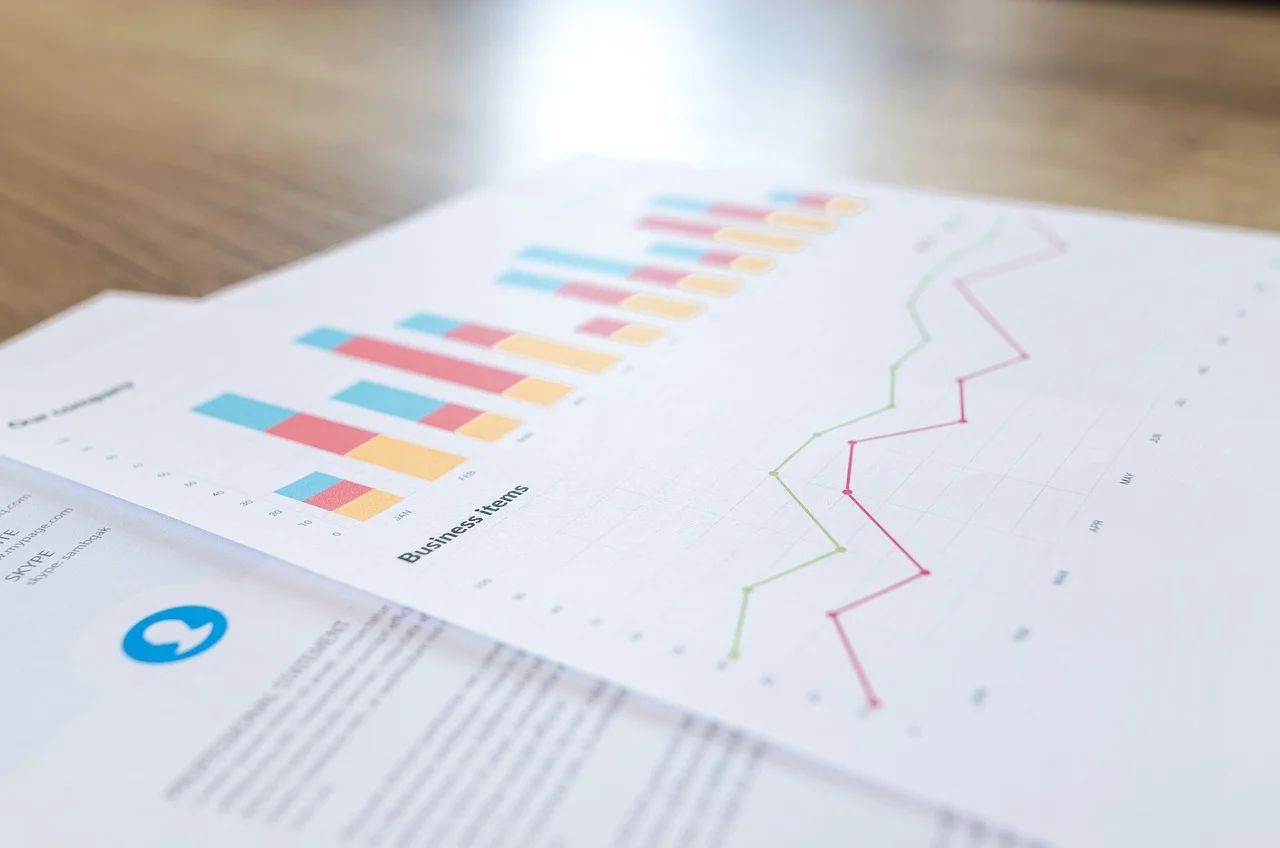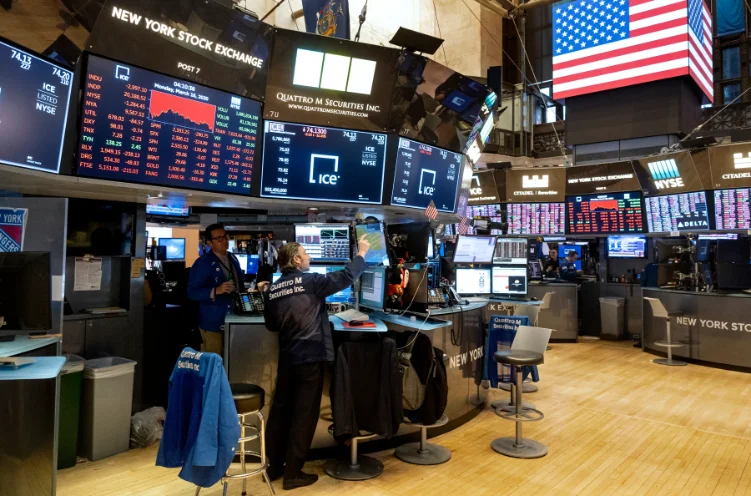In Tokyo, Today’s Asian stock markets faced a tough day on Tuesday due to concerns about two major issues: a potential U.S. government shutdown and the challenges the Chinese economy is currently facing.
Japan’s Nikkei 225 index dropped by 1.0% during afternoon trading, reaching 32,357.25 points. Australia’s S&P/ASX 200 also saw a 0.5% decline, settling at 7,044.90 points. South Korea’s Kospi experienced a significant decrease of nearly 1.3%, closing at 2,463.63 points. Hong Kong’s Hang Seng fell by 0.9%, ending the day at 17,576.83 points, while China’s Shanghai Composite dipped by 0.2% to 3,109.69 points.
Investors are keeping a close eye on upcoming economic data from China, which will be released later this week.
Tina Teng, a market analyst at CMC Markets APAC & Canada, highlighted ongoing concerns about the Chinese real estate market, stating, “The Chinese property market is still facing challenges, as Evergrande, a well-known developer, recently missed a 4 billion yuan bond repayment and postponed its restructuring meetings.”
On Wall Street, there was a partial recovery from the significant losses experienced last week. The S&P 500 increased by 0.4%, reaching 4,337.44 points, following its worst week in six months. The Dow Jones Industrial Average edged up by 0.1%, closing at 34,006.88 points, and the Nasdaq composite gained 0.5%, closing at 13,271.32 points.
Investors are now realizing that the Federal Reserve is likely to maintain high interest rates well into the next year. The Fed’s objective is to bring high inflation down to its target level. Last week, it announced that it would probably reduce interest rates in 2024 by a smaller margin than initially expected. Currently, the Fed’s main interest rate is at its highest level since 2001.
This growing understanding that interest rates will remain elevated for an extended period has caused bond yields to rise to their highest levels in over a decade. Consequently, investors are becoming less willing to pay premium prices for various investments, particularly those considered expensive or those with longer expected growth timelines.
The interest rate on the 10-year Treasury bond has increased to 4.53%, up from 4.44% just last Friday. This is one of the highest levels we’ve seen since 2007. To put it in perspective, a few years ago, it was at a much lower 0.50%, and in May, it was around 3.50%.
Goldman Sachs strategists, led by David Kostin, pointed out that stocks tend to handle gradual increases in interest rates, driven by economic growth, better than sudden increases due to other factors like inflation or decisions by the Federal Reserve.
However, there are several concerns troubling Wall Street. Oil prices have surged by $20 per barrel since June, and the global economy is showing signs of instability. Additionally, the resumption of U.S. student-loan repayments could weaken one of the main drivers of the U.S. economy: household spending.
In the short term, there’s the possibility of another government shutdown due to political disagreements in Washington. But historically, such shutdowns haven’t had a significant impact on the stock market, according to Chris Larkin, managing director of trading and investing at E-Trade, which is now part of Morgan Stanley.
Meanwhile, on Wall Street, Amazon saw a 1.7% increase in its stock price, making it a major contributor to the rise of the S&P 500. Amazon announced a significant investment of up to $4 billion in Anthropic, an artificial intelligence startup. This move is part of the ongoing trend of big tech companies investing in AI to capitalize on its potential.
In the media and entertainment sector, the stock prices of companies were mixed after unionized screenwriters reached a tentative deal to end their strike, but actors are still in negotiations. Netflix saw a 1.3% increase in its stock price, while The Walt Disney Co. experienced a slight 0.3% dip. Warner Brothers Discovery had the largest drop of the day in the S&P 500, falling by 4%.
Travel-related companies had a tough day on Wall Street due to concerns about rising fuel prices. Southwest Airlines saw its stock drop by 2%, while Norwegian Cruise Line experienced a 3.1% decline.
In the world of energy trading, the price of benchmark U.S. crude oil slipped by 29 cents, closing at $89.39 per barrel. The international standard, Brent crude, also fell by 36 cents, reaching $92.93 per barrel. However, on Wall Street, Exxon Mobil’s stock went up by 1.1%, and ConocoPhillips gained 1.6%. It’s worth noting that oil prices have risen significantly since the early summer.
When it comes to currency trading, the U.S. dollar strengthened, trading at 148.91 Japanese yen, up from 148.84 yen. The euro, on the other hand, saw a slight decrease, costing $1.0588 compared to $1.0594 previously.





